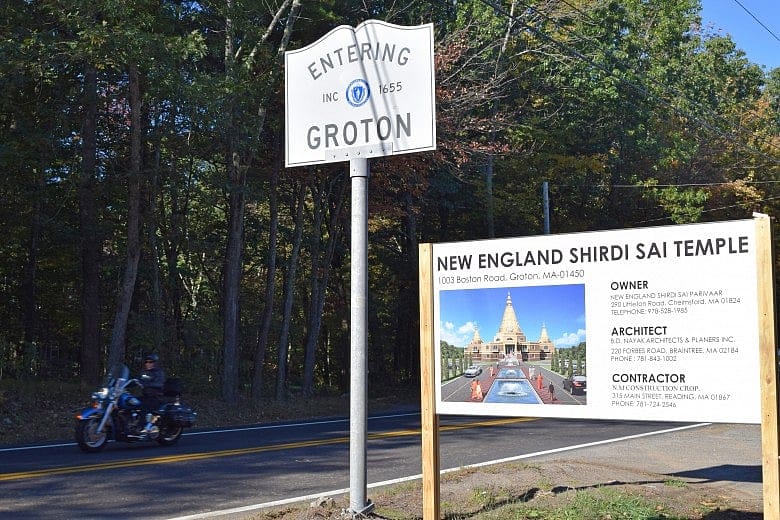Harvard Pluralism Project maps religions, conflicts

CAMBRIDGE – If newcomers to Boston need to find a place of worship, a quick Google search can reveal some options, be it mosque, temple or church.
But for a more holistic view of the Hub's spiritual resources, Harvard University researchers can offer the fruits of 25 years of labor mapping the metro area's religious institutions. Their work has included word-of-mouth referrals and on-the-ground research through The Pluralism Project.

